Judicial Review
It is the ultimate power of the Judiciary to determine the validity of a law or an order, which may be described as the powers of “judicial review”. It tests the constitutionality of the legislative acts and executive orders. Genesis of the Concept of Judicial Review It was first introduced in the US Supreme Court…

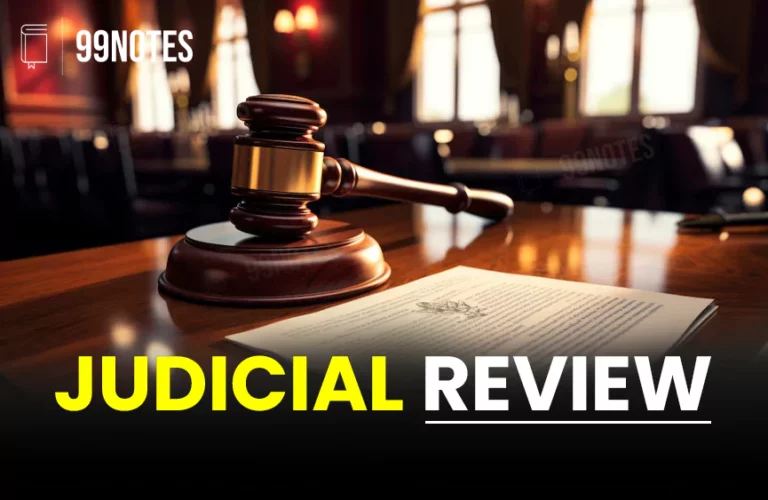
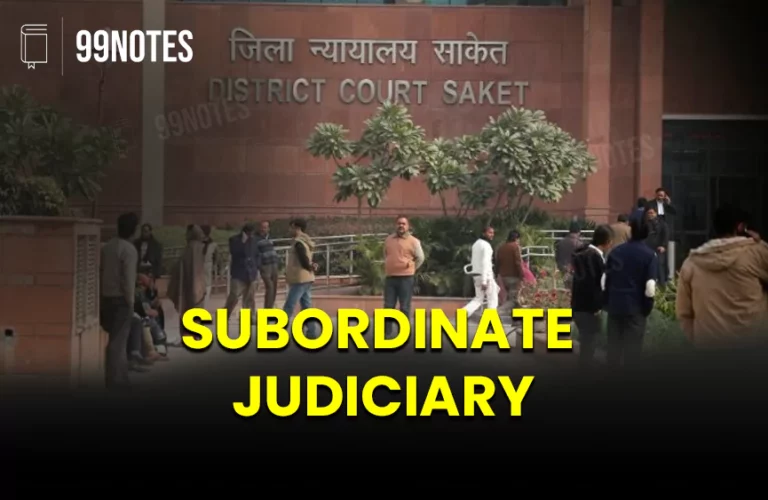
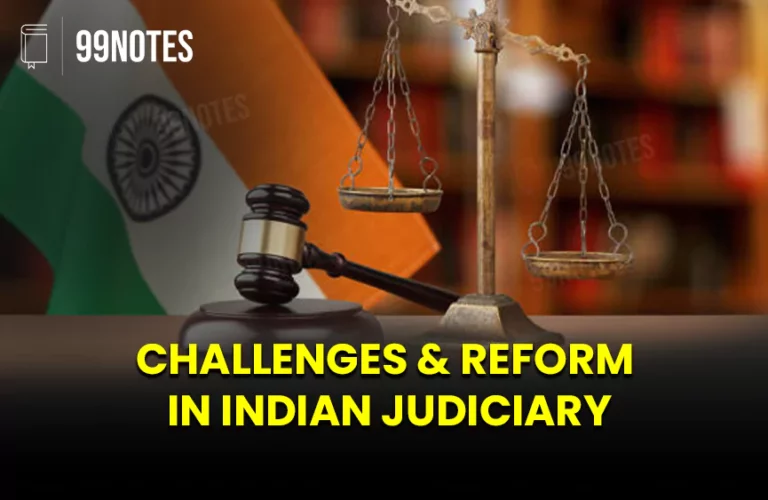

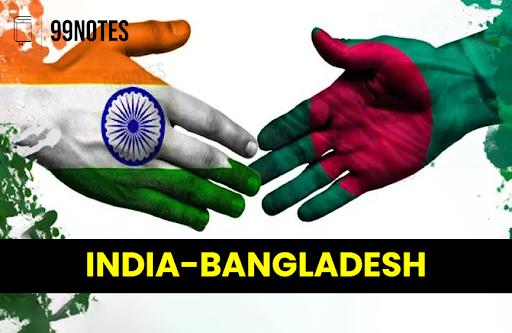
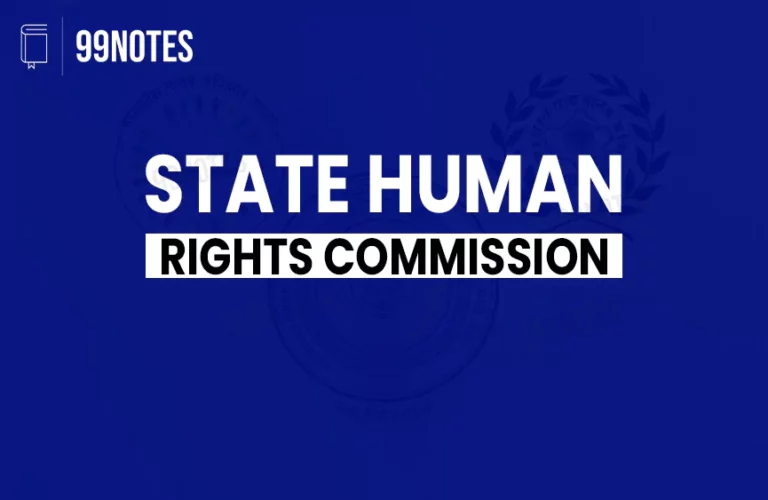
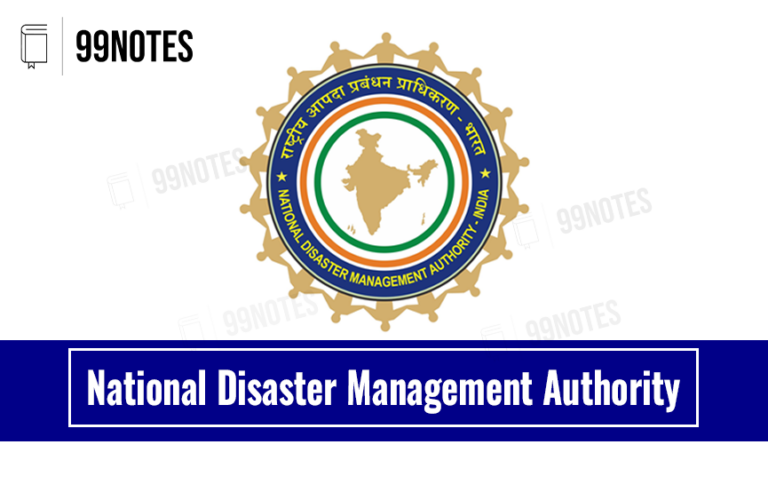
![National Human Rights Commission (Nhrc) [Upsc Notes] | Updated March 1, 2026 National Human Rights Commission (Nhrc) [Upsc Notes]](https://99notes.in/wp-content/uploads/2024/01/national-human-rights-commision-featured-667168d64d9c6-768x500.webp)